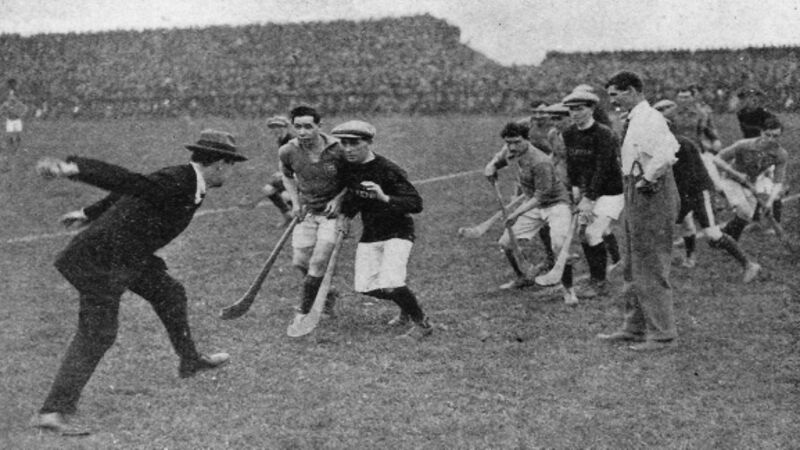Do GAA clubs make the best use of their membership?

Collins was clear that unity and commitment were the essential ingredients to the progress of every club. It was not that success was guaranteed when there was such unity and commitment, rather it was certain that success was impossible unless there was harmony and a willingness to make sacrifices for the greater good.
In his secretary’s report for 1909, Collins did not hold back at what he saw were the flaws in the Geraldines’ club:












